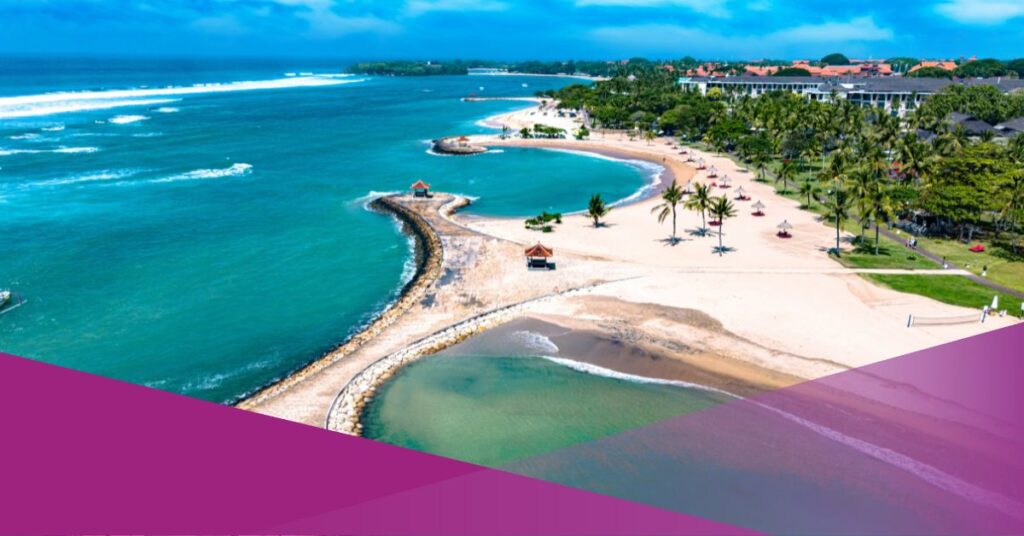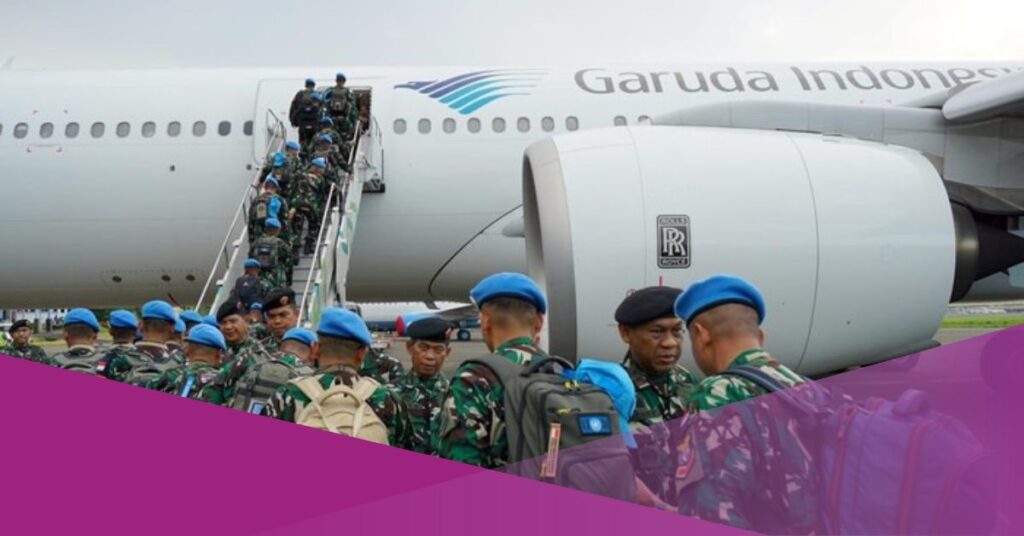Indonesia draws expats with its high quality of life, growing business opportunities, and low cost of living. Whether you’re a professional working in Jakarta’s financial district or a family seeking new experiences in Bali, the country offers compelling advantages for international residents.
However, one critical aspect requires attention: Understanding how to access quality healthcare when you need it most. Indonesia’s healthcare system may seem complex initially, but with proper knowledge and preparation, you can navigate it confidently.
This comprehensive guide covers everything you need to know about Indonesian healthcare, from public and private options to insurance coverage tips.
Understanding Indonesia’s Healthcare Landscape
Indonesia operates a dual healthcare system combining public and private providers. Healthcare quality and accessibility vary dramatically by location, with major cities like Jakarta, Surabaya, and Denpasar offering superior facilities compared to rural areas.
Public healthcare facilities, including community health centres or Puskesmas and government hospitals, provide basic medical services at subsidised rates. These facilities offer essential medical services and emergency care, but expect lengthy wait times and care that may not meet international standards. They primarily serve local populations under the national health insurance scheme.
Private hospitals and clinics represent the gold standard for expat medical care. International hospitals, such as Siloam, Mayapada, and RS Pondok Indah, deliver world-class services with English-speaking doctors, many of whom are trained abroad. These facilities feature modern equipment, comfortable accommodations, and streamlined processes designed specifically for international patients.
Indonesia’s medical infrastructure continues expanding rapidly, with international hospital chains establishing operations throughout the archipelago. This development has significantly improved care standards, particularly in major urban centres where expats typically reside.
Essential Healthcare Facilities and Services
Indonesia’s major cities are home to numerous high-quality healthcare facilities that cater to the needs of expatriates.
Jakarta offers the most comprehensive medical services range, with world-class hospitals and specialised clinics throughout the metropolitan area. Facilities like Pondok Indah Hospital Group and Siloam Hospitals provide exceptional care with international accreditation. These hospitals offer comprehensive services, including emergency care, surgery, maternity services, and specialised treatments across all major medical disciplines.
Surabaya hosts several excellent private hospitals, including Siloam Hospitals Surabaya and Mayapada Hospital Surabaya, providing high-quality care for East Java’s significant expat community.
Bali offers several international-standard hospitals, including BIMC Hospital, Siloam Hospitals Denpasar, and Prima Medika Hospital. These facilities are well-equipped to handle both routine care and medical emergencies for the island’s large expatriate population.
Common Health Concerns and Preventive Care
Indonesia’s tropical climate and developing infrastructure present unique health challenges requiring awareness and preparation. Vector-borne diseases such as dengue fever, malaria, and chikungunya are present in various regions, making prevention essential.
Dengue fever is particularly common during rainy seasons and in urban areas with poor drainage. Prevention focuses on eliminating mosquito breeding sites and using appropriate repellents and protective clothing.
Gastrointestinal issues commonly affect expats adjusting to local food and water conditions. Use bottled or properly filtered water, choose reputable restaurants, and exercise caution with street food until your system adapts. Private hospitals and clinics effectively treat most gastrointestinal problems, but prevention remains the best strategy.
Choosing Local vs. International Insurance
Understanding fundamental differences between local and international plans, like APRIL International, is crucial for your informed decision-making.
Coverage Scope and Limits
Local Indonesian plans typically offer lower benefit levels with specific limitations such as daily hospital stay limits, per-visit outpatient caps, or restricted procedure coverage. These limitations keep premiums lower but can result in unexpected out-of-pocket expenses during extensive treatment.
International plans typically provide higher benefit levels with fewer restrictions, reducing coverage gaps during serious medical situations and offering greater treatment flexibility without benefit cap concerns.
Geographic Coverage
Local health insurance plans typically do not cover treatment outside of Indonesia. The providers cannot issue a Letter of Guarantee to hospitals outside the country, meaning you would have to pay for your treatment out of your pocket and your insurance will not reimburse expenses in these cases.
Depending on the area of coverage you choose, international health plans will cover you the same way whether you are in Indonesia or abroad. In case of hospitalisation outside Indonesia, APRIL will issue a Letter of Guarantee (LOG) to your hospital and settle the cost of treatment directly. Today, APRIL can place LOGs in most hospitals around the world.
Policy Portability
APRIL International offers global portability, allowing coverage maintenance when relocating without new medical underwriting, particularly valuable if you’ve developed health conditions that might be excluded from new coverage.
Local plans generally cannot transfer outside Indonesia, requiring new insurance when relocating and potentially losing pre-existing condition coverage.
Why Choose APRIL International?
For expats seeking the balance of local accessibility and international standards, APRIL International’s MyHEALTH Indonesia offers fully customisable coverage that adapts to your evolving needs.
With MyHEALTH, you may create a plan that works for your specific needs, whether you only need coverage for yourself or your family. You may add outpatient, maternity, dental and optical benefits modules to our inpatient plan. You may select one of three levels of coverage for each module.
Additionally, your MyHEALTH plan is worldwide transferable, so if you ever leave Indonesia, you may take it with you to your new country with no coverage gaps at all.
For more information, visit APRIL International’s website.

































